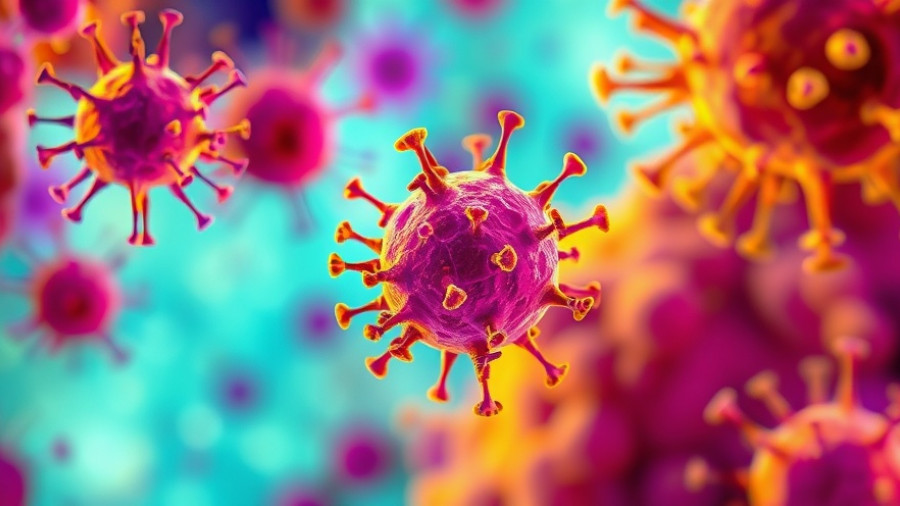
The Surprising Link Between mRNA Vaccines and Cancer Treatment
Recent research suggests that the mRNA vaccines developed for COVID-19, such as those from Pfizer and Moderna, could significantly enhance cancer treatment outcomes. This unexpected connection stems from the immune-boosting properties of these vaccines which might trigger a stronger response against tumors, offering new hope to cancer patients undergoing immunotherapy.
What the New Study Reveals
A study published in the journal Nature examined over 1,000 late-stage melanoma and lung cancer patients to understand how mRNA vaccines impacted their treatment. Those who received an mRNA vaccine within 100 days of starting immunotherapy were twice as likely to survive after three years compared to those who were unvaccinated. Notably, even patients with cancers that traditionally show resistance to immunotherapy exhibited significant benefits, boasting nearly fivefold improvements in survival rates.
The Science Behind the Findings
Researchers found that mRNA vaccines act effectively like an alarm system, stimulating the immune system to recognize and attack tumor cells. By overriding mechanisms that allow tumors to escape immune detection, these vaccines help immune checkpoint inhibitors (a common immunotherapy method) to unleash their full potential against cancer. Pediatric oncologist Elias Sayour emphasized that these vaccines wake up the immune system, enabling it to discern threats more effectively.
Implications for Cancer Treatment
The revolutionary promise of combining mRNA vaccines with immunotherapy could alter the landscape of cancer treatment, particularly for patients with 'cold' tumors that do not typically elicit an immune response. As immunotherapy gains traction and continues to deliver cures to many previously untreatable patients, mRNA vaccines could extend the benefits to millions more.
Counterarguments and Skepticism
While the findings are promising, experts urge caution. Critics point out that this line of inquiry is still in its infancy, necessitating thorough validation through Phase 3 clinical trials. Historical precedents indicate that early results can sometimes lead to misunderstandings, emphasizing the need for continued research.
What This Means For Patients
For health-conscious individuals and cancer patients, these developments signify a potential shift towards more effective treatments. The prospect of using established mRNA technology in cancer care not only opens new doors in treatment modalities but can also influence decisions around vaccination strategies amongst cancer patients, who could greatly benefit from enhanced immune strength during their therapy.
Next Steps and Future Research Directions
As the medical community prepares for upcoming clinical trials, the integration of mRNA vaccines in cancer treatment protocols is on the horizon. Factoring in the potential benefits, this approach promises to redefine how cancer treatment could be delivered, leveraging the success seen in the pandemic's vaccination efforts.
A Call to Explore Holistic Wellness Strategies
Reading about such groundbreaking studies could inspire individuals to take an active interest in their health. Embracing a holistic wellness approach, which includes a healthy diet, exercise, and staying informed about cutting-edge health research, can empower individuals in their personal health journeys and longevity pursuits. For those eager to learn more about how these insights might inform their health choices, consulting with experts and maintaining an informed lifestyle is key.
 Add Row
Add Row  Add
Add 




Write A Comment